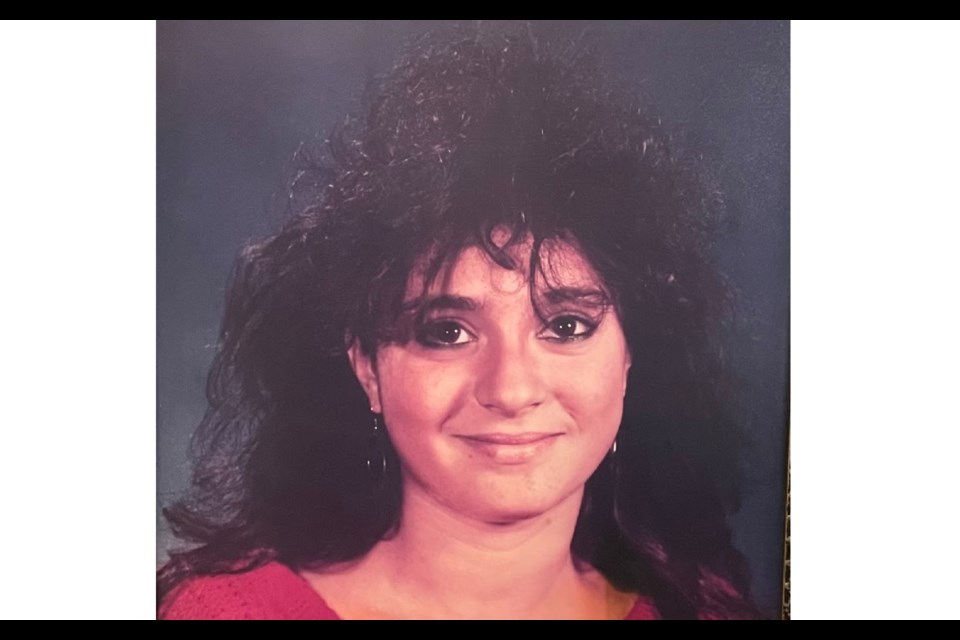WARNING: This article contains graphic details that may disturb some readers.
SAULT STE. MARIE - One of Sault Ste. Marie’s most notorious criminals has won his fight to experience the outside of prison for the first time in 37 years.
The Parole Board of Canada ruled yesterday that Russell Colwell — who stalked and murdered a 14-year-old girl inside a Korah Collegiate bathroom in 1987 — should be granted a short-term supervised release known as an escorted temporary absence (ETA).
The decision means Colwell will be allowed to leave the grounds of a federal prison for the first time in nearly four decades, under the watchful eye of an assigned escort. In his case, he requested to spend a day doing landscaping work outside a government building in Kingston.
Although Colwell will be supervised at all times, the ruling marks a major milestone for a convicted killer who has been incarcerated for most of his life. His next logical step is to apply for day parole, which, if approved, would allow him to leave prison unattended.
'Our life sentence’: Sault family braces for long fight to keep schoolgirl killer behind bars
Patrizia Mastroianni was a Grade 9 student at Korah when she was randomly targeted on Oct. 14, 1987 — “an innocent person in the wrong place at the wrong time,” as the parole board wrote in a previous decision. Her killer, 18 at the time, was a recent Korah grad who, ironically enough, was studying law and security at Lake Superior State University.
Mastroianni’s two sisters, Carmela Roznik and Tiziana Palumbo, have fought for years to keep Colwell in custody, confronting him in person every time he’s appeared at a parole proceeding. Both attended Thursday’s hearing at Joyceville Institution in Kingston, and both stood up to speak about the immeasurable damage Colwell inflicted on their family and their community.
More than 100 people also wrote letters to the board, detailing how Colwell’s horrific crime impacted their lives forever.
“We’re shattered,” Palumbo wrote in a brief message to SooToday, after yesterday’s decision was released.
As SooToday reported earlier this week, Colwell won the right to Thursday’s hearing after appealing a decision earlier this year that denied his request for a temporary absence. Simply put, the Parole Board’s Appeal Division said the original panel “did not conduct a fair risk assessment.”
It is not known when Colwell’s escorted absence will occur, or if he will be allowed more than one. The ruling was not released in writing and a spokesperson for the parole board has yet to return a request for comment from SooToday.
OPINION: For schoolgirl killer, parole should never be a possibility
Colwell was convicted at the Sault courthouse of first-degree murder and sentenced to life in prison with no chance of parole for 25 years.
Generally speaking, the role of the parole board is to weigh two scenarios in every case: Would releasing the offender present an “undue risk to society,” or would it contribute to the ultimate goal of protecting society by facilitating the inmate’s reintegration “as a law-abiding citizen”?
Colwell’s first attempt at day parole, filed in 2014, was denied because the board felt he still posed an undue risk. Seven years later, in November 2021, the board refused his application for full parole, once again citing the continued danger he presents.
In this latest application, the board concluded that a temporary supervised release would aid in Colwell's rehabilitation and eventual reintegration — while posing little risk to the public.
Mastroianni’s sisters will never agree with that assessment. In a lengthy interview earlier this year, they were firm in their belief that Colwell, now 56, remains a dangerous sexual predator who would pounce at any opportunity to harm another victim.
“It’s horrifying to think that he can be released because the risk level in our eyes is so very high,” Palumbo said.







